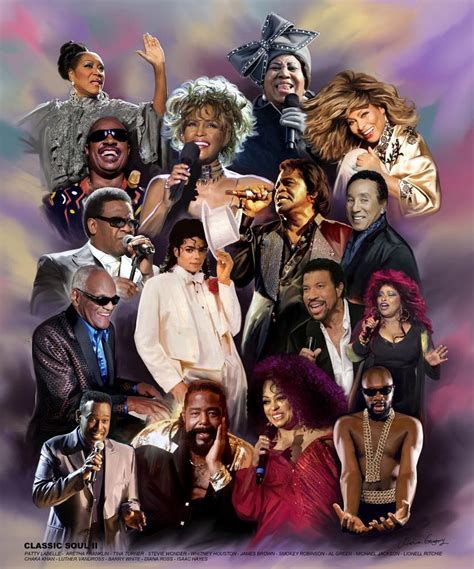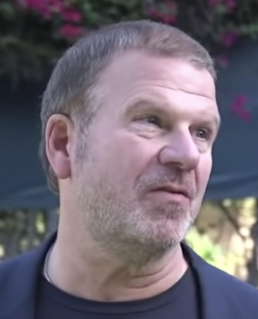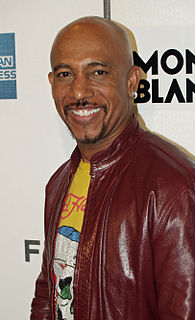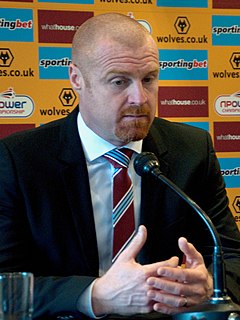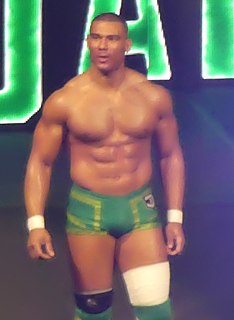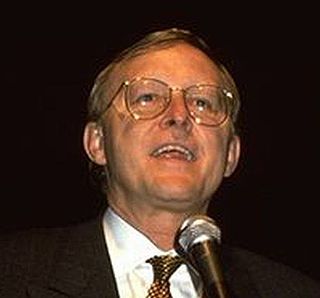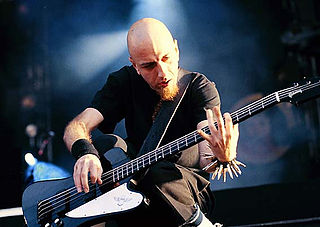A Quote by Jim McDonough
When I moved into management, it was all about managing people and keeping them motivated - I didn't use sales metrics to drive my business. Now, everything comes from the numbers.
Related Quotes
We live in a culture that's been hijacked by the management consultant ethos. We want everything boiled down to a Power Point slide. We want metrics and 'show me the numbers.' That runs counter to the immensely complex nature of so many social, economic and political problems. You cannot devise an algorithm to fix them.
Managing risk is a key variable, frankly, all aspects of life, business is just one of them, and one of the things that most people do in terms of managing risk, that's actually bad thinking, is they think they can manage risk to zero. Everything has some risk to it. You know, you drive your car down the street, a drunk driver may hit you. So what you're doing is you're actually trying to get to an acceptable level of risk.
We'd all like to be in the business where we don't have to report our numbers, too. You're dealing with a Netflix and an Amazon that don't have to report their viewership. They're not sharing those numbers, so how do you work with a creative entity to renegotiate future seasons when nobody has metrics?
The worst thing that ever happened to writing is that it became a business, The purpose of business is to make money, and to achieve that end it is necessary to please as many people as possible, to amuse them, to entertain them - in short, to do everything that will help increase the volume of sales.
Your typical business just measures the metrics that have to do with the profitability of the business one way or another. But you can have metrics that measure employee happiness and the morale. You can also do direct customer surveys; you can track it over time. You can do supplier satisfaction scores as well.
